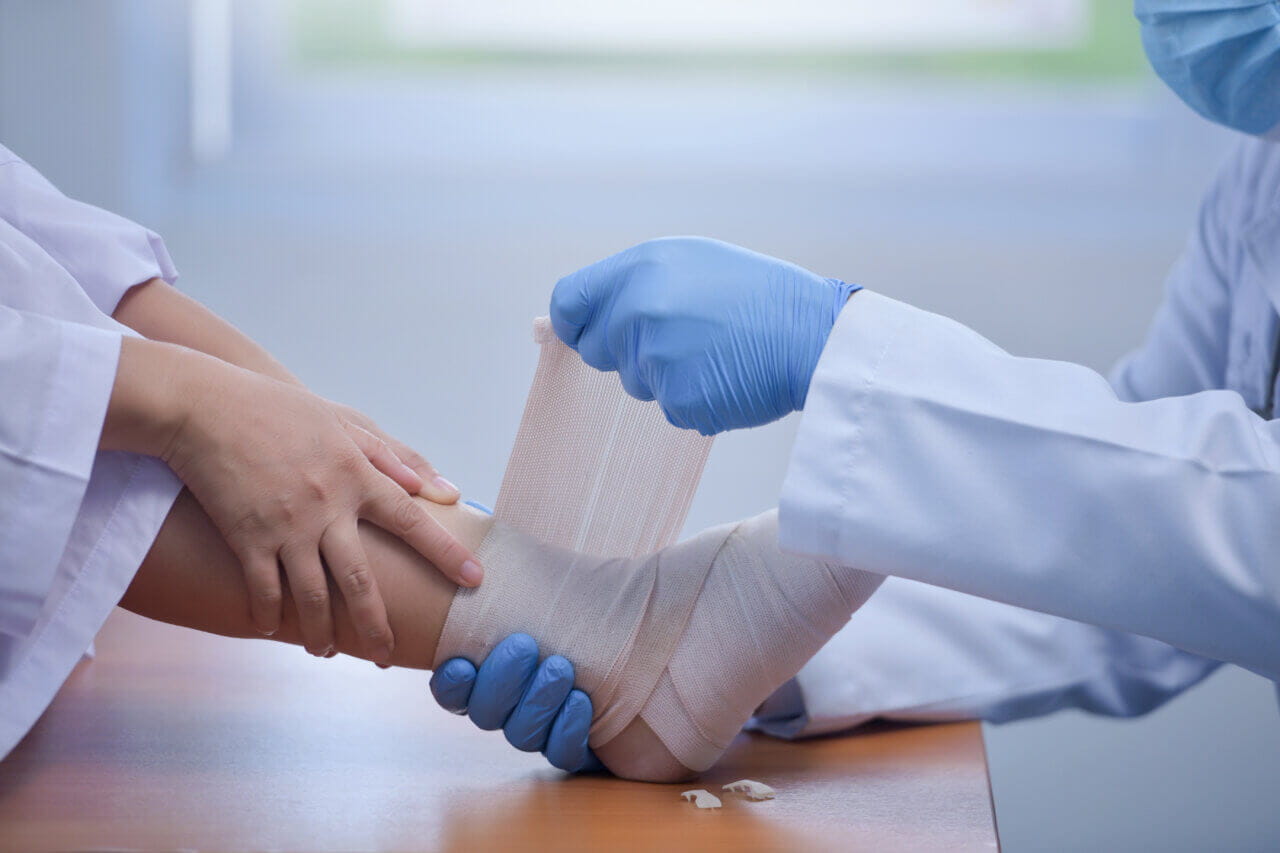10 Common Urgent Care Procedures

Urgent care centers treat injuries that are time-sensitive but not life- or limb-threatening. You might seek treatment there if your primary care physician can’t fit you into their schedule or when their office is closed in the evening and on weekends.
Urgent care teams are trained and equipped to handle a wide variety of medical issues. The ten most common urgent care procedures are:
1. Stitches
Urgent care professionals can treat minor lacerations. For example, if you cut yourself while slicing vegetables in your kitchen, and the wound is relatively deep, they can use sutures (i.e., stitches) to close it. They might also prescribe pain medication or antibiotics if appropriate. Some sutures dissolve, but others must be removed later.
2. X-rays
There are several reasons you might need an X-ray. Diagnosing potentially broken bones may be the first thing that comes to mind, but imaging can also help diagnose conditions such as constipation that’s become an urgent issue for you.
3. Casts and splints
You’re playing volleyball at your company picnic and come down from a perfect spike only to land on an opponent’s foot and twist your ankle. The pain is intense and you wonder if you’ve broken a bone. An urgent care center can perform an X-ray to determine if that’s true. Based on the results, they can prescribe treatment, including splinting your ankle if it’s not broken or casting it if there’s a break. The doctor can also prescribe medication to address the pain and swelling.
4. Immunizations (including flu and COVID-19)
Typically, your primary care physician will administer your immunizations. However, if you urgently need a vaccine and you can’t get in to see your doctor, an urgent care center may be able to give you the shot. They’ll also explain any potential side effects and have you return if you experience something serious.
5. Blood pressure check
If you think your blood pressure may be unusually high, you can visit an urgent care center to have them check it. If the urgent care team determines your blood pressure is concerningly high or trending upward during your visit, they can recommend treatment to bring it down or refer you to a specialist.
Learn More About Common Urgent Care Procedures from Baptist Health
The list above includes just some of the most common procedures done in urgent care. If your primary care doctor is unavailable and you have an injury or illness that you think requires urgent attention but isn’t life- or limb-threatening, urgent care is the place for you.
Baptist Health has multiple urgent care clinics in the area. Learn more.



